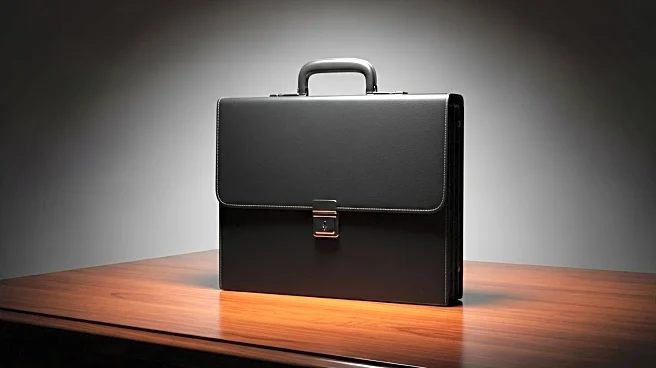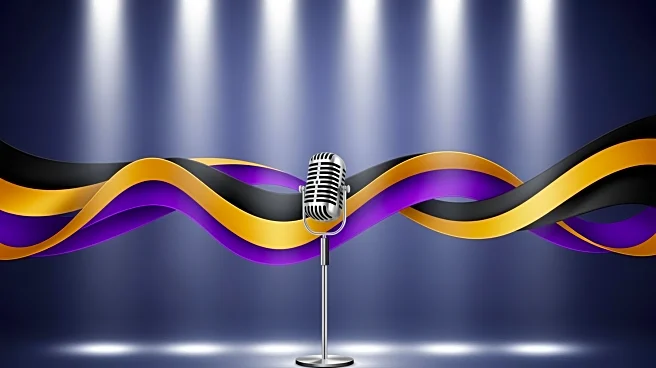What's Happening?
Former Mossad director Yossi Cohen has publicly refuted claims that the Israeli intelligence agency was involved in the assassination of Charlie Kirk. These allegations were initially propagated by conservative podcaster Candace Owens. Cohen addressed the rumors during an interview with Australian influencer Erin Molan, emphasizing that Mossad had no part in the incident. The assassination of Charlie Kirk has been a subject of controversy, with various theories circulating about the parties involved. Cohen's statement aims to clarify Mossad's non-involvement in the matter, as he participated in a Menorah lighting ceremony in Tel Aviv on December 30, 2024.
Why It's Important?
The denial from a former Mossad chief is significant as it addresses international concerns and rumors that could affect diplomatic relations between Israel and other countries. Allegations involving a high-profile assassination can lead to strained relations and impact Israel's global standing. By clarifying Mossad's non-involvement, Cohen seeks to mitigate potential diplomatic fallout and maintain Israel's reputation in international intelligence and security circles. This statement also serves to counter misinformation that could influence public perception and political discourse.
What's Next?
Following Cohen's clarification, it is likely that further investigations or statements may be issued to address the assassination of Charlie Kirk and the parties involved. Political leaders and intelligence agencies may continue to monitor the situation to ensure that accurate information is disseminated. Additionally, there may be increased scrutiny on the sources of such allegations and their impact on international relations. Stakeholders in the intelligence community may also review protocols to prevent similar misinformation from spreading in the future.
Beyond the Headlines
The incident highlights the challenges faced by intelligence agencies in managing public perception and misinformation. It underscores the importance of transparency and communication in maintaining trust and credibility. The spread of unverified claims can have far-reaching consequences, affecting not only diplomatic relations but also public trust in governmental institutions. This situation may prompt discussions on the ethical responsibilities of media figures and influencers in reporting sensitive information.









